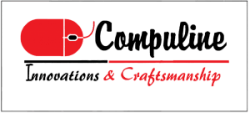ICTSkills4YouthWork Identity Research
Addressing the predicament of the poor in Uganda’s education system
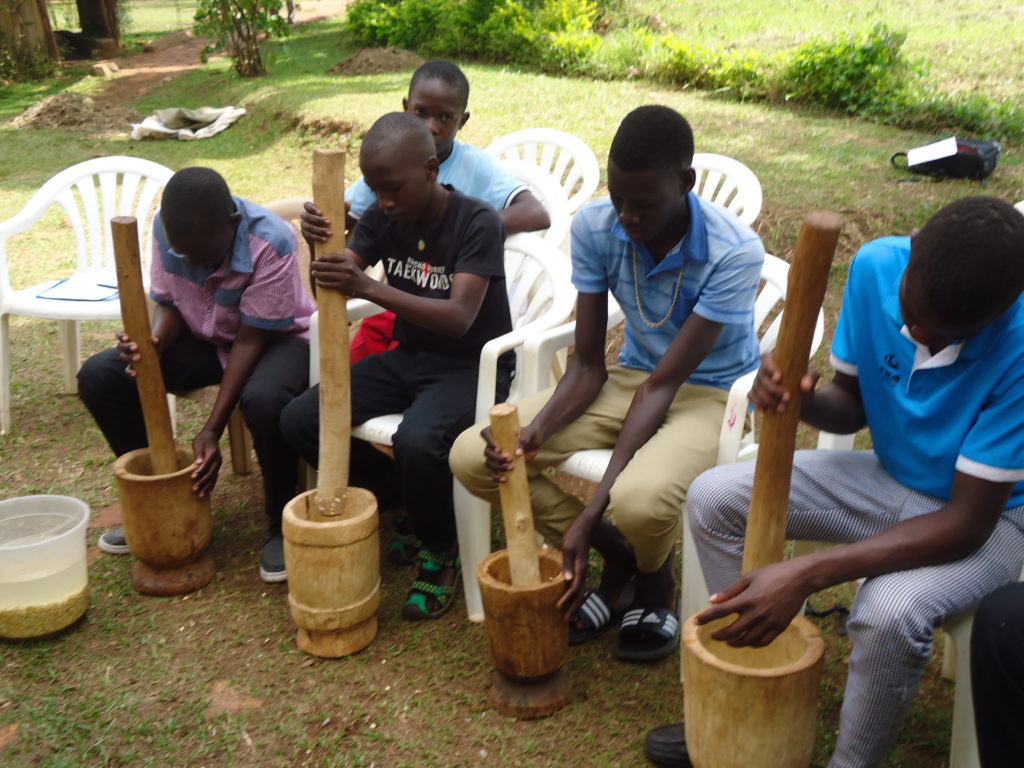
In the second half of next year 2020, we[1] formally launch our passion-driven and knowledge generating work-based ICT training initiative for youth with incomplete schooling in Uganda. During the initial two-year phase, the ICT Skills4Life-Work Identity initiative, will engage 10 pioneer youth through a learning community approach to develop and nurture a work-related training model. The learning community is being co-created by IT professionals, educationists, employers, IT entrepreneurs and parents/guardians in and around Njeru and Jinja
The ICT Skills4Life-Work Identity is a small collaborative initiative for generating local knowledge on how to design and deliver effective work-related learning approaches within the limitations of our context. It is a passion driven humble contribution to searching and understanding better how to deliver vocational and professional education and training (VPET) for socially and educationally disadvantaged young people. We describe it as a passion-driven initiative because we will strive to maintain and nurture our individual and collective autonomy to explore all possible options as a community of co-researchers and practitioners.
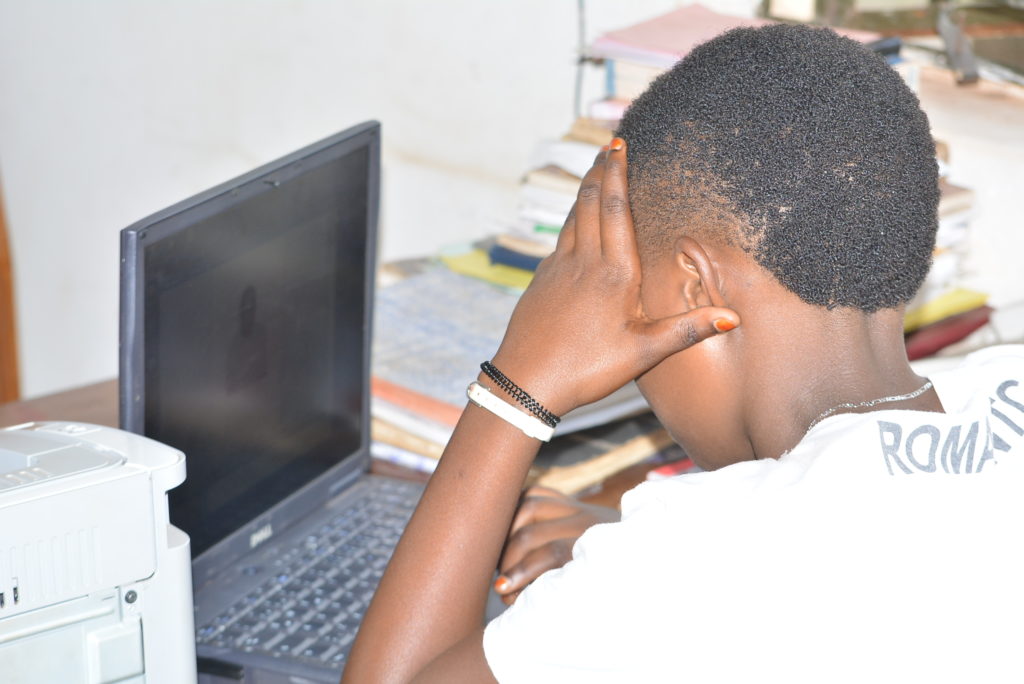
Using the learning community approach, we anticipate relying heavily on the good will and support of individual citizens. We anticipate building a social capital base to generate mutually beneficial avenues for the participating young people but also for the rest of the participants in the learning community. Our strategy is to generate and use local knowledge, expertise and related resources. We do anticipate creating mutual relationships and partnerships with interested individuals and organizations that acknowledge the needed flexibility for an initiative of our type. Are you interested in education and work lives of young people? Click for more detailshttps://mycareeruganda.org/pilot-work-based-ict-training-4life-study-work-skills-uganda-27102019/.
The larger challenge: predicament of the poor in Uganda’s education system
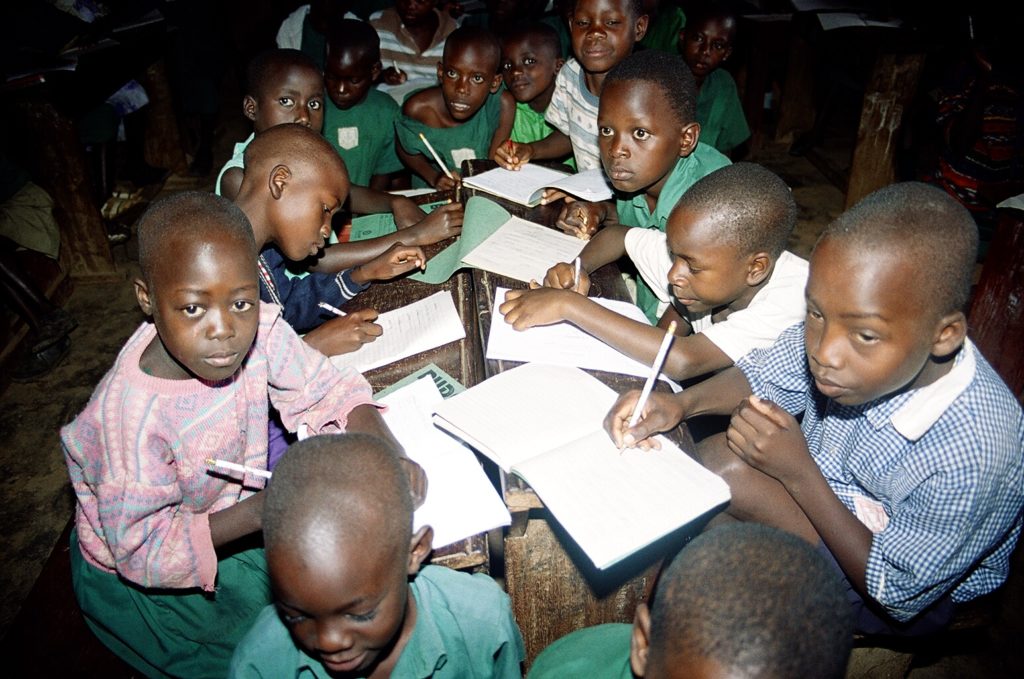
Uganda’s education system has four cycles namely early childhood education, primary education, secondary education, and tertiary / university education. After pre-primary education for children aged 2-5 years, the system follows a 7-6-2+ pattern. Seven years are for primary education followed by 6 years of secondary education. Secondary education is under two levels: 4 years for lower level and two for upper. The state-run Uganda National Examinations Board (UNEB) conducts national examinations every year to approve or restrict students’ transition from one cycle to the next up to entry into vocational/higher education. 2-5years of vocational and higher education is for those who successfully complete and pass secondary education examinations.
Education quantitative gains neither sustainable nor equitable
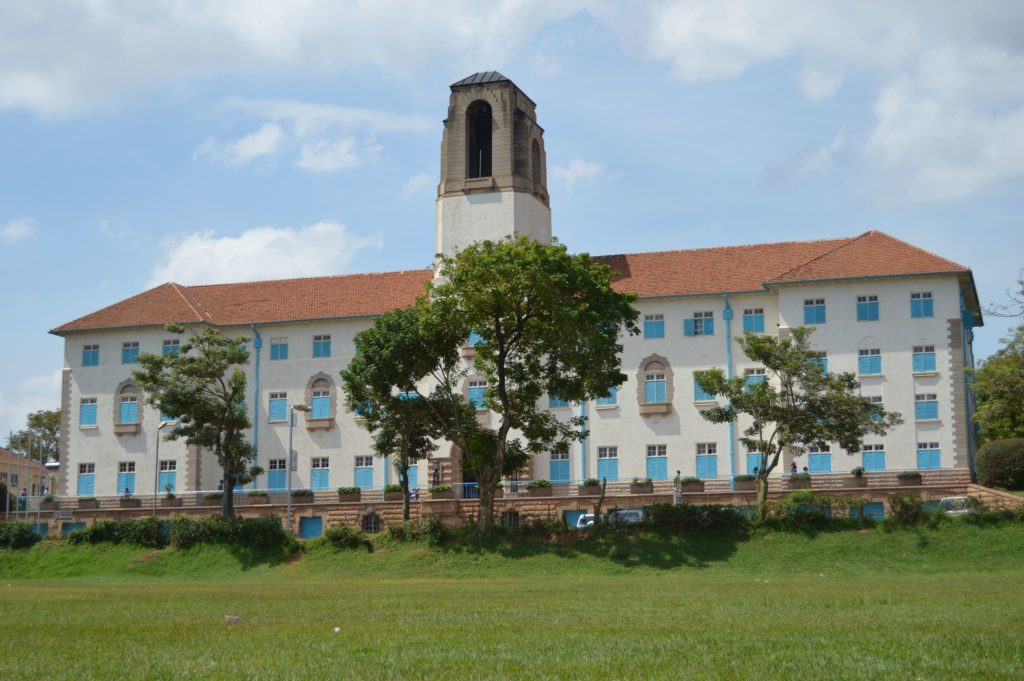
Generally, there are quite a number of quantitative gains resulting from the different education policy reforms made during the past decades especially in the 1990s. Access to primary education steadily increased from a net enrolment of three million in 1997 to 8.7 million pupils by 2016 owing to Education for All UPE policy. The introduction of Universal Secondary Education (USE) propelled secondary education enrollment from 954,328 in 2007 to 1,457,000 by 2016 (Uganda Bureau of Statistic, 2008; 2017).
However, the situation continues to be a mixed bag of progress and endemic structural challenges. The country’s socio-economic and political transformation seems to have stagnated as revealed by the minimal changes in the structure and manifestation of poverty in its diverse dimensions (World Bank, 2016). Limited completion, progression and transition rates mirror deep education deprivation. Children from poor families suffer the brunt of inefficiencies in the education system. For instance, Transition to senior one declined by 7.3 % from 70.5% in 2014 to 63.2% in 2016. Transition to senior five also declined by 5% from 30% in 2014 to 25% in 2016 (Ministry of Education and Sports 2016). Indeed as confirmed by the World Development Report of 2018, Uganda’s education system is in a state of systemic failure to ensure education quality and equity (World Bank, 2018). Repeatedly, local and global studies indicate that many of those who navigate their way into the classrooms end up schooling but without learning.
Education losers
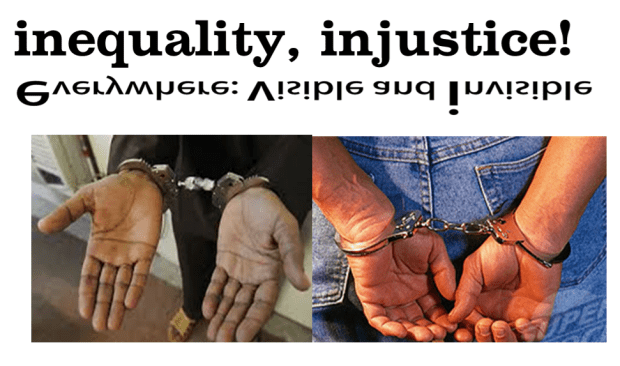
Amidst all the numerous social dynamics of access and quality, children from poor families, orphans and other marginalized groups find themselves at the periphery. Some of them who persist and withstand the difficulties in primary and secondary schooling often fail; and they exit the system with disgrace. The so-called poor performers at these levels are doomed as they enter the world without any documentary evidence of the learning outcomes attained. The system creates education losers. The losers suffer short and long-term deprivation. They face multiple deprivations, exclusion and exploitation now and always particularly if no remedial intervention is availed to them to reclaim their dignity and identity.
Our argument
Society must correct its mistakes. We will always contribute to this collective struggle to make the world a better place for all by making education serve its emancipatory role of course not neglecting labour market demands.
We recognize the efforts of state institutions and other mega donor funded interventions to skill young people in this country. We are aware that current efforts are constantly struggling to get it right – adequately supporting young people to develop the capabilities they need to meet their life and work goals
We are also aware that many researchers, scholars and practitioners are busy researching for better ways of making education and training work better for young people but we are also aware that they are constrained by pressure to deliver within restrictive timetables and budgets.
We too recognize to comprehensively address education and work dilemmas requires macro level interventions including real educational change, macro-economic reforms and labour market regulations.
HOWEVER, we also know and argue that small initiatives like our ICT Skills4Life-Work Identity can make a significant difference in building the knowledge base that Uganda needs to address the education and work challenges of young people.
[1] For and on my behalf of MYCAREERUGANDA in pursuance of our independent research for local knowledge production
